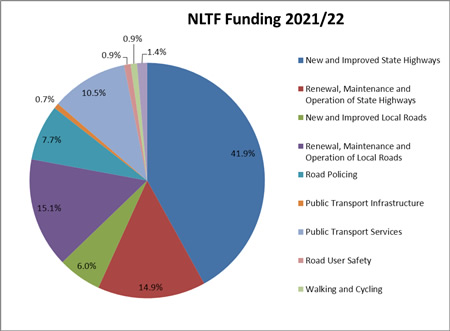Gordon Campbell has an excellent analysis of this idealogical burp in the Herald from Deloitte coporate finance partner Paul Carrow.
PPPs just have to cost more because of:
- the increased up front legal costs of contracting the risk of failure
- the costs of private firms having to borrow funds instead of the government borrowing at the cheapest interest rates available
- the costs of ensuring a profit for the private partner
- etc
And the risk still ultimately falls back on the taxpayer if essential services collapse because the contracts weren’t drafted with enough profit for the private operator. Its all a crock designed to make money for the extra layer of PPP consultants, banks and lawyers.
Anyhow, over to Gordon:
Occasionally, someone in business lets the cat out of the bag in a way that is impossible to satirise. Thus in the NZ Herald this morning, we find Deloittes corporate finance partner Paul Callow telling us that foreign investors are now looking at New Zealand quite differently since the change in government. Why, the climate for Deloittes clients has totally changed! “It is now a far more receptive and certain environment. Labour provided a lot of mixed messages.”
No, we can’t have ‘mixed’ messages. They’re SO confusing. Surely, the interests of business are the sole factor for government to consider. Not surprisingly, the story in question is a hymn to the virtues of public private partnerships [PPPs], and their alleged superiority to government investment. As if it was 1984 all over again, we are told that everyone overseas is doing it. “There are models from all round the world of successful PPPs…PPPs bring much-needed commercial discipline to government expenditure,” Callow says.
Surely, this has to be a joke? In the wake of the global failure of private sector capitalism, of private sector ‘commercial discipline’ running Air New Zealand into bankruptcy and the cost over-runs and boondoggles involved with PPP transport projects in Australia and Britain – all faithfully recorded in various OECD reports – are we still trying to claim that private industry is intrinsically more efficient than government? What planet have these people been living on for the past decade?
Oh, transport. We’re back in fairyland again. “I can’t understand why we continue to invest heavily in rail and particularly passenger rail. In our country it will always be an incredibly expensive form of transport which relatively few people in Auckland will be able to access,” a supermarket chain boss says. Yep, those supermarket chain bosses have always been the go-to experts on the future needs of our national passenger transport system.
Memo to Supermarket Guy : it is quite expensive to build billion dollar motorway projects too. and these are far more heavily subsidized by the taxpayer than passenger rail. The reason why governments are investing in passenger rail is because in the 1990s the private sector asset bought those assets at fire sales prices and asset stripped them to the bone. Oh, and rail is more cost efficient and environmentally friendly than road transport. And people in Auckland have been using public transport in record numbers. Etc etc.
Read the rest here.

